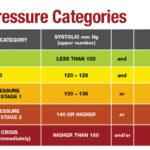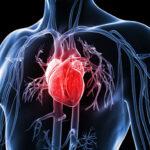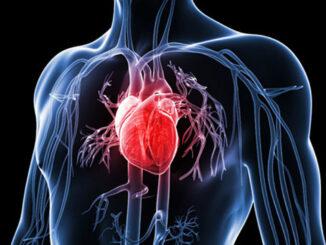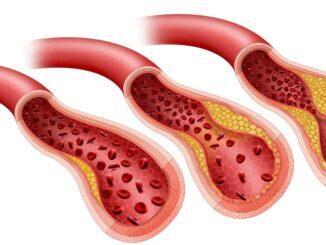
Last Updated on by lizzy
Congenital Heart Disease (CHD) is a complex condition affecting the structure and function of the heart that is present at birth. It can range from mild to severe, requiring medical intervention. In this comprehensive article, we delve into the causes, risk factors, symptoms, diagnosis, treatment, and prevention of CHD, shedding light on this important topic.

Causes of Congenital Heart Disease
The exact cause remains unknown; however, it is widely believed that the condition arises when there is an obstruction in the normal development of the fetal heart. During the fifth week of pregnancy, the heart begins to take shape from a tubular structure. Any factor that interferes with this intricate formation process can potentially result in the occurrence.
Risk Factors for Congenital Heart Disease
While the exact cause of CHD is often unknown, several risk factors have been identified:
- Family History: Having a family history of CHD increases the likelihood of a child being born with the condition. If a parent or sibling has CHD, the risk is higher.
- Maternal Factors: Maternal age (especially younger than 20 or older than 40), certain medical conditions (diabetes, obesity), and substance abuse during pregnancy can elevate the risk of CHD in the baby.
Symptoms of Congenital Heart Disease
The symptoms of CHD can vary depending on the specific defect and its severity. Some common symptoms include:
- Cyanosis: A bluish tint to the skin, lips, and nails due to insufficient oxygen supply.
- Rapid Breathing: Breathing difficulties, shortness of breath, and rapid breathing even during rest or minimal exertion.
- Poor Growth and Development: Children with CHD may have poor weight gain, delayed growth, and slower development compared to their peers.
Diagnosis of Congenital Heart Disease
- Physical Examination: A thorough examination of the child’s heart, lungs, and general health by a pediatrician, who may detect abnormal heart sounds or murmurs.
- Echocardiography: An ultrasound-based imaging technique that provides detailed information about the structure and function of the heart.
- Electrocardiogram (ECG): A test that records the electrical activity of the heart, helping to identify any abnormalities in heart rhythm or conduction.
Treatment of Congenital Heart Disease
Treatment for CHD depends on the type and severity of the defect. It may involve:
- Medications: Certain medications can help manage symptoms, control blood pressure, or prevent complications associated with CHD.
- Surgical Intervention: In more severe cases, surgical procedures may be required to repair or correct the heart defect. These can range from minimally invasive procedures to complex open-heart surgeries.
- Lifestyle Modifications: Adopting a heart-healthy lifestyle, including regular exercise, a balanced diet, and avoiding smoking or exposure to secondhand smoke, can contribute to overall well-being for individuals with CHD.
Prevention of Congenital Heart Disease
- Preconception Care: Maintaining good health before conception, including managing chronic conditions, taking necessary medications, and avoiding harmful substances, can help minimize the risk of CHD in the baby.
- Prenatal Care: Receiving proper prenatal care, including regular check-ups, screenings, and managing maternal health conditions, plays a crucial role in early detection and management of CHD.






Leave a Reply